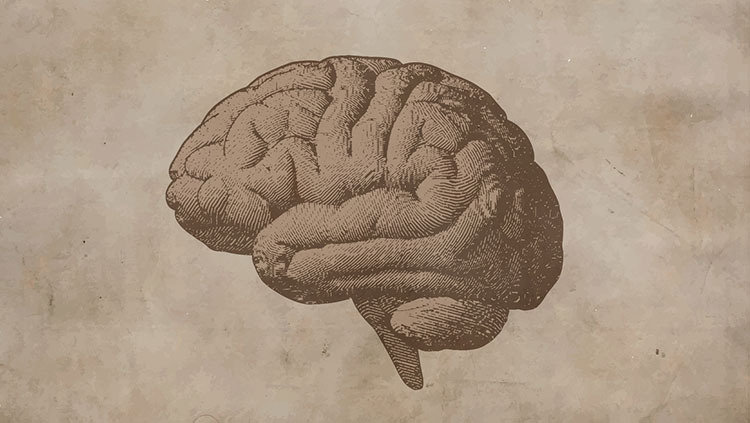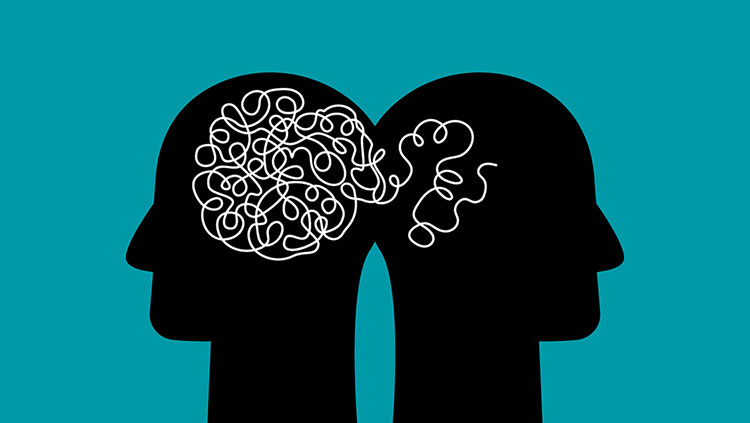ICYMI: COVID-19 Might Cause Loss of Smell
- Published1 Apr 2020
- Author Alexis Wnuk
- Source BrainFacts/SfN

These were the top neuroscience stories for the week of March 23, 2020.
COVID-19 Might Cause Loss of Smell
Doctors on the front lines of the coronavirus pandemic have reported that many patients lose their sense of smell. A new study hints at a possible reason why — the virus may bind to and infect support cells in the olfactory epithelium, the patch of tissue in the nose where smells are detected. The preliminary data were published March 27 on the preprint server bioRxiv; they have yet to be peer-reviewed. The researchers analyzed previously published datasets documenting genes expressed in the olfactory epithelia of mice, non-human primates, and humans. They found support cells and stem cells — but not the sensory nerve cells — expressed the specific proteins to which the novel coronavirus attached to initiate infection. Infection of these cells may contribute to diminished sense of smell, but more research is needed to know for sure.
Big picture: Scientists are trying to figure out whether loss of the sense of smell, or anosmia, is an early symptom of infection with the novel coronavirus. But, it wouldn’t be a telltale sign of infection — many respiratory infections and seasonal allergies can cause a temporary loss of smell and taste.
Read more: Have Coronavirus and Can’t Smell? Harvard Scientists Explain Why (Bloomberg)
Treating Coronavirus Takes a Toll on Healthcare Workers’ Mental Health
Healthcare workers are stressed. As the number of patients with COVID-19 continues to climb, they face long hours, equipment shortages, and the risk of becoming infected with the novel virus themselves. And it’s taking a toll on their mental health. In a study, published March 23 in JAMA Network Open, researchers surveyed 1,257 healthcare workers in China. Half of those surveyed reported symptoms of anxiety and depression, and 34% reported insomnia. Nurses, women, front-line healthcare workers directly involved in diagnosing and treating COVID-19 patients, and healthcare workers in Wuhan, China, had more severe symptoms.
Big picture: Stress and anxiety are normal responses to the coronavirus pandemic, but left unchecked, chronic stress is bad for our physical and mental health. The Centers for Disease Control and Prevention has helpful information about coping with stress during the coronavirus pandemic.
Read more: Treating coronavirus takes serious toll on health-care workers’ mental health, study finds (The Philadelphia Inquirer)
CONTENT PROVIDED BY
BrainFacts/SfN


















